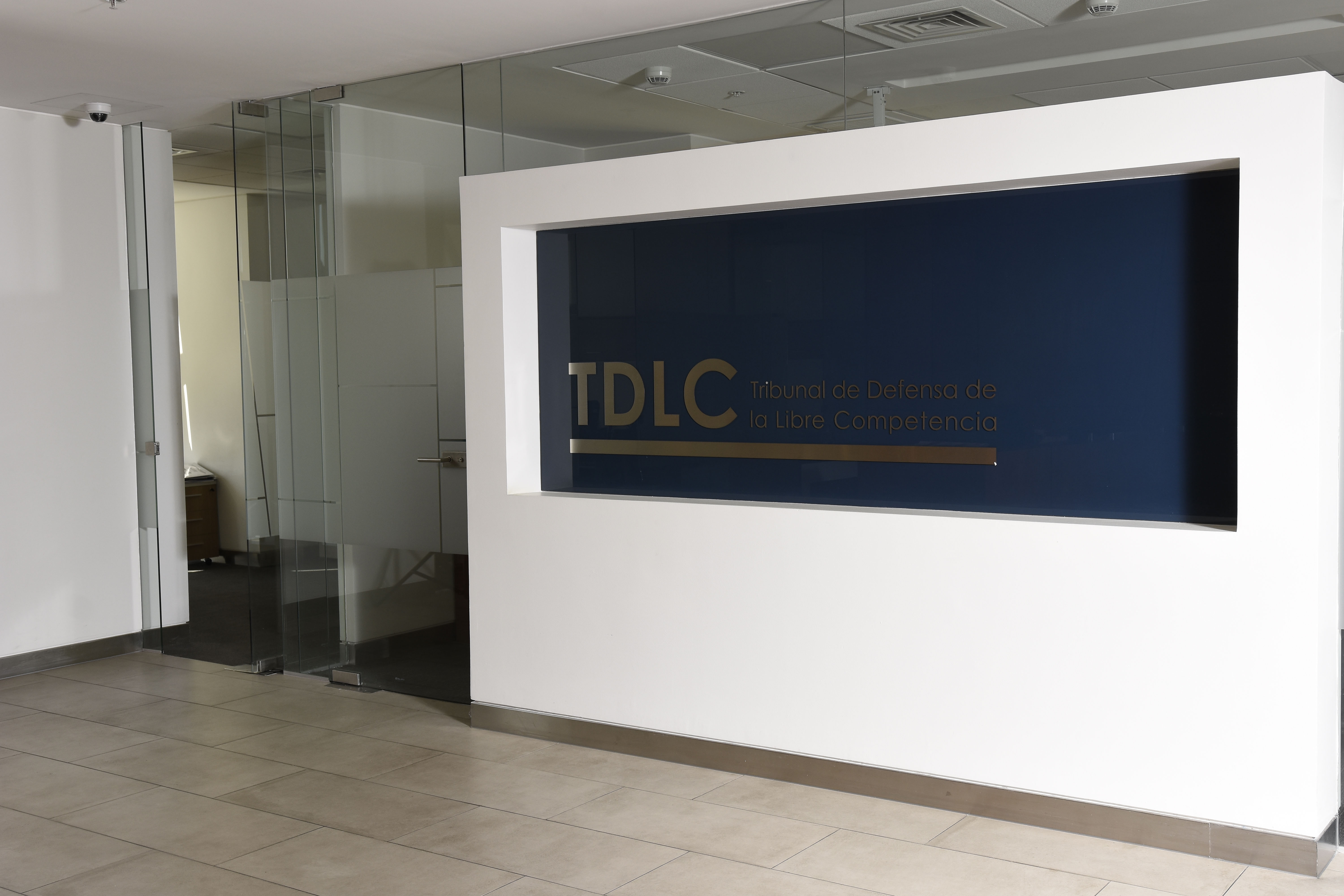¿qué estás buscando?

Antitrust Court Fines CLP $2.5 Billion in Landmark Interlocking Directorates Case Involving Competing Securities Brokerage Firms

In a landmark decision, Chile’s Antitrust Court (Tribunal de Defensa de la Libre Competencia, TDLC) has issued fines totaling approximately CLP $2.5 billion (over USD $2.6 million) in the country’s first-ever ruling on interlocking directorates. The sanctioned parties—Juan Hurtado Vicuña, Consorcio Financiero, and Larraín Vial—were found to have violated the legal prohibition against the simultaneous participation of the same director or key executive in two or more competing companies.
The case originated from a complaint filed by the National Economic Prosecutor’s Office (Fiscalía Nacional Económica, FNE) in December 2021. The TDLC determined that the conduct in question breached the interlocking directorates prohibition introduced into Chile’s Competition Act as part of its 2016 amendment.
In its ruling, the TDLC stated that interlocking corresponds to what some legal doctrine refers to as a per se violation, meaning it constitutes an infringement irrespective of its actual effects on the market.
The fines imposed were as follows: approximately USD $1 million for Consorcio Financiero, USD $1.6 million for Larraín Vial, and USD $65,000 for Mr. Juan Hurtado.
National Economic Prosecutor Jorge Grunberg welcomed the Court’s decision, emphasizing its importance in affirming the inherently harmful nature of interlocking directorates among competitors. “The Tribunal has clearly established that holding simultaneous positions as a director or key executive in competing companies presents a significant risk to competition and is therefore absolutely prohibited. Demonstrating the existence of such a situation is sufficient to trigger legal sanctions—there is no need to prove actual anticompetitive effects,” he noted.
The TDLC further clarified that interlocking can occur not only directly, but also through parent companies of firms operating in the same market. The ruling confirms that both individuals who engage in prohibited conduct and the involved competing companies are liable for the infringement.
The Court found that Mr. Juan Hurtado simultaneously served as a board member of both Consorcio Financiero and Larraín Vial—firms that compete in the provision of securities brokerage and related financial services. This overlap extended beyond the effective date of the interlocking prohibition (February 2017) and continued through the statutory transitional compliance period, ending only in April 2019, when Mr. Hurtado resigned from the board of Larraín Vial.
The TDLC concluded: “As a board member, Juan Hurtado was legally entitled—and indeed obligated—to receive strategic and commercially sensitive information from both companies, which operated as competitors. This gave him potential insight into their financial positions, competitive strategies, and internal decision-making processes, thereby posing a clear threat to competition.”
The complaint followed an ex-officio investigation by the FNE, which employed advanced technological tools to identify individual and corporate connections between competitors. The agency reaffirmed its commitment to actively monitoring interlocking cases and ensuring strict compliance with Chile’s antitrust laws.











